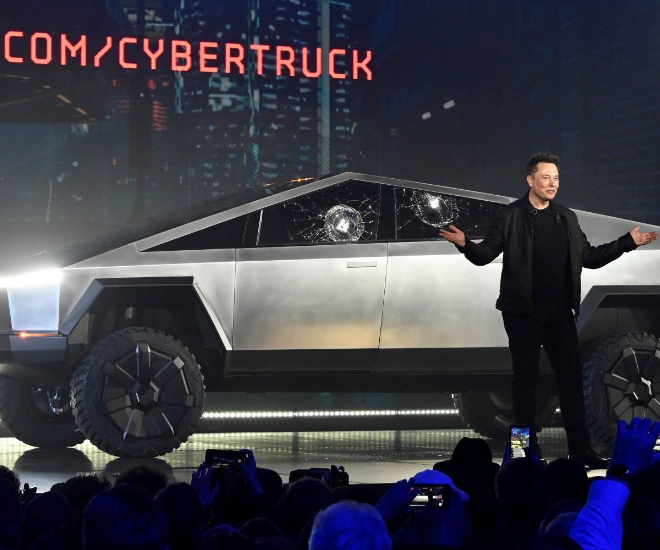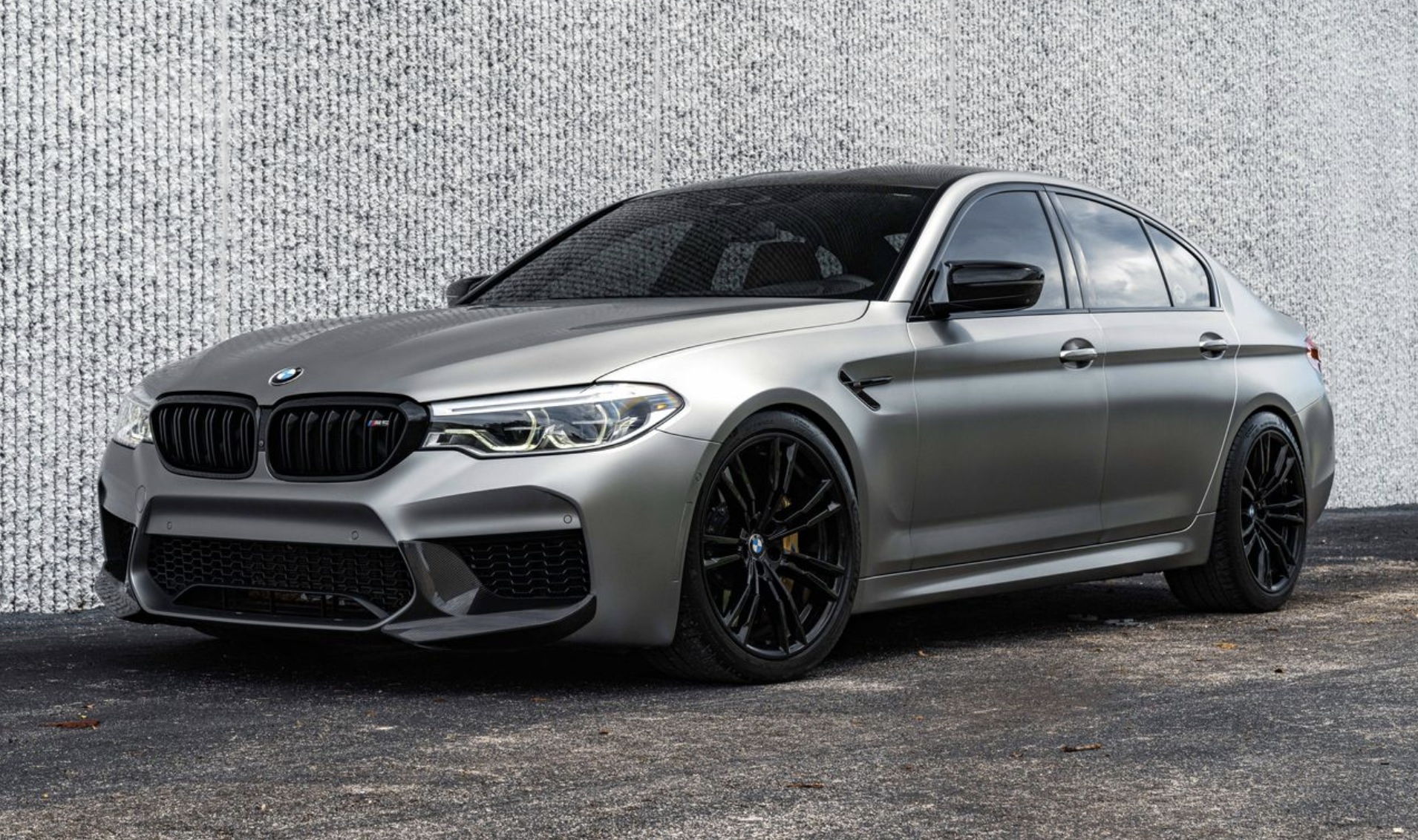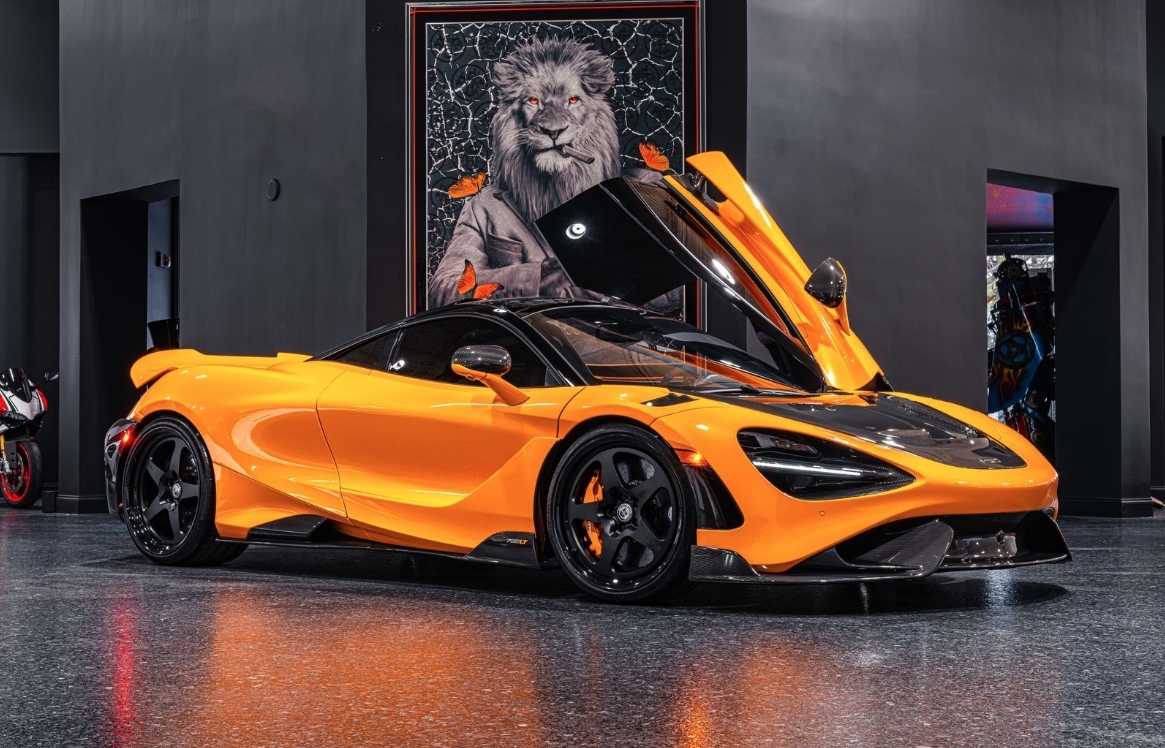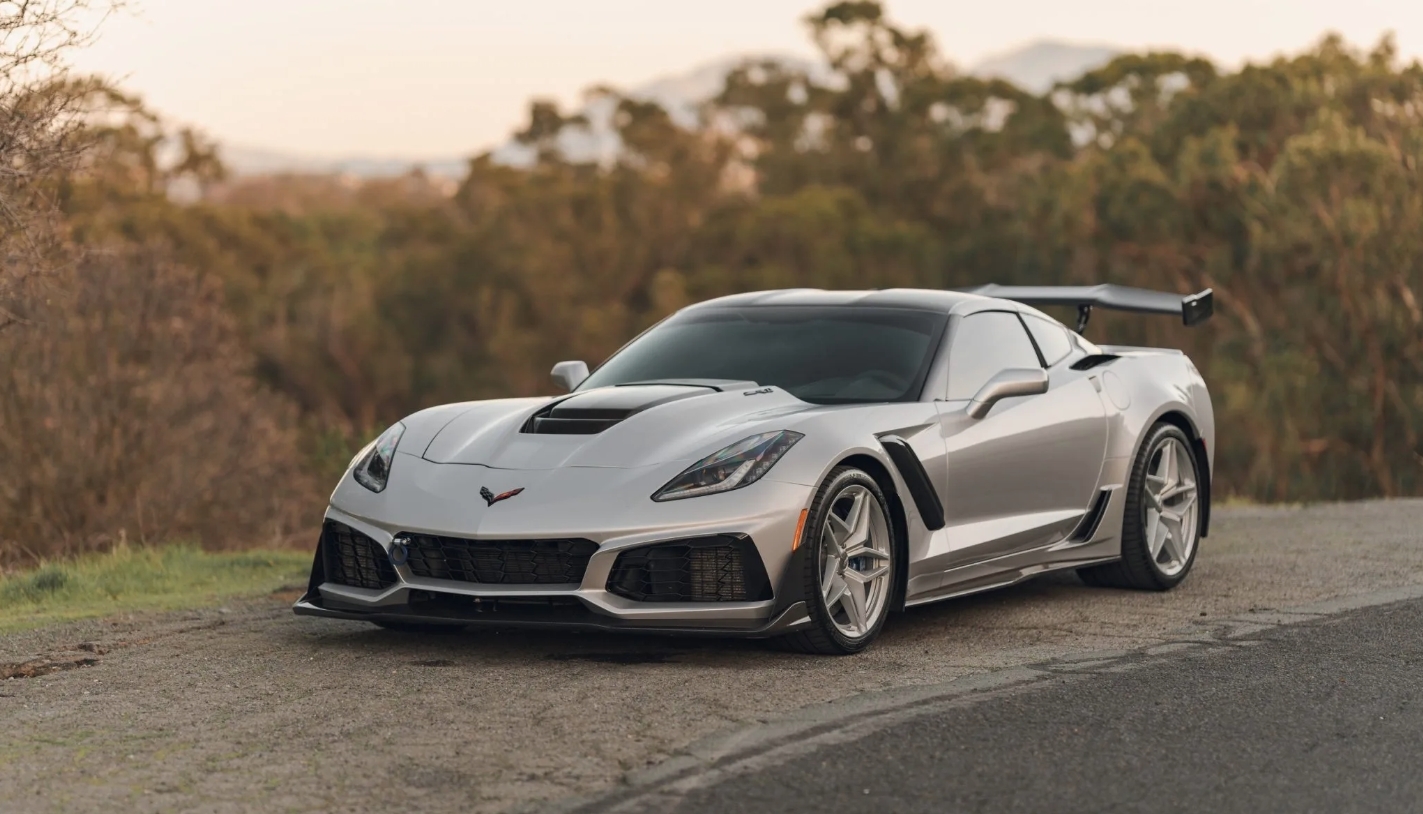Tesla is the world’s most valuable car company, with a market cap of over USD 720 billion, and also the second-most valuable automotive brand (behind Mercedes-Benz). And even though its margins plummeted to a five-year low last quarter, shareholders remain bullish about the company’s prospects, especially in autonomous vehicles (AV) and robotaxis (which Tesla is slated to announce next month).
“No other company is like Tesla, solving enormously complex problems that were (and to some still are) thought to be impossible,” states investment fund Deepwater Asset Management. “Fully autonomous vehicles will take years… However, once solved, the configuration of Tesla as a business changes completely. This is the investment case for Tesla.”
Read More:

The 845 bhp Tesla Cybertruck was featured on a with a review stating the car was “obscenely rapid… makes you insta-famous” while also noting a “lack of interior buttons or stalks, relentless attention, price than promised”. Some contend that Tesla has consistently oversold the capabilities of its self-driving software and in reality, is significantly behind the likes of Waymo (Google), Cruise (General Motors), and China’s Baidu in this domain. After all, Waymo has been providing autonomous ride-hailing services since 2018, while Baidu claims to have the world’s largest robotaxi program.
Tesla’s detractors further argue that its long-term success would ultimately be determined by how it handles quality and manufacturing challenges rather than software or autonomy.
Read More:
This is based on the fact that in J.D. Power’s 2024 Vehicle Dependability Study (VDS), Tesla was among the worst-performing brands with 252 problems per 100 vehicles (only Volkswagen, Audi, Land Rover, and Chrysler fared worse). Meanwhile, in J.D. Power’s Initial Quality Study (IQS), Tesla was the third-worst brand with 266 problems per 100 vehicles (tied with Rivian and ahead of Dodge and Polestar).
Watch this Cybertruck fall apart 🤣: Tesla whistleblowers told me that many vehicles are delivered with missing bolts and cracked parts, which unsuspecting fanbois discover the hard way, or with fatal consequences. blames owners when vehicles fail.
— Facts Chaser 🌎 🤦🏻♂️ (@Factschaser)
Complaints regarding the company’s quality have especially become prominent since it began delivering the Cybertruck last year. With a starting price of over USD 62,000 and a distinct design, the pickup was expected to revive the excitement around the Tesla brand but instead has left consumers and enthusiasts grumbling about faulty wipers, rust and corrosion on the stainless steel body, and safety issues owing to sharp edges and blind spots. “Owners and professional reviewers haven’t been shy about broadcasting the vehicle’s flaws. And I’m not even talking about its futuristic dumpster aesthetic, though that certainly gives critics plenty of ammunition. I’m referring to its chronic recalls and design features that make it a unique beast to encounter on the road,” reads an from August 2024.
The situation is such that the Cybertruck even failed to qualify for Car and Driver’s 2024 EV of the Year Award as it broke down during the review. “Before any Tesla loyalists complain that we aren’t giving the Cybertruck its due, know that the one we rented broke on the second day, effectively parking itself with just a few hundred miles on its odometer. A DNF results in a mission-fulfilment score of zero,” said the magazine.

Admittedly, Tesla has issued multiple recalls to address the complaints, but the negative PR is still going to affect brand equity. Remember, a survey by marketing agency GfK showed that 79 percent of car customers consider “reliability” to be a “very important feature,” topping safety (75 percent), fuel efficiency (69 percent), and smooth and quiet ride (52 percent). Similarly, Autovia Group found that “reputation for quality” was the most important factor for automakers in attracting new buyers.
While the Tesla has thus far been synonymous with Californian-elite, the manufacturer has not seemed to adapt to the Asian market. Tesla initially saw success in China, but it has since faced fierce competition from domestic brands like BYD, NIO, and XPeng, which offer more affordable, tech-centric EVs tailored for local preferences. Besides, Tesla has struggled to meet the impending Chinese challenge without improving its quality issues. Tesla’s handling of issues like factory safety complaints and recalls in China has also tarnished its image. Additionally, Asian customers value reliability and affordability, areas where Tesla has struggled against local competitors.
The rise of Chinese automakers like BYD and NIO poses a direct threat to Tesla’s market share in Asia. These brands offer similar tech at more competitive prices, and in many cases, they outperform Tesla on range and features. China identified EVs as a strategic sector in the 2000s and has since employed a variety of policy measures, including over USD 230 billion in subsidies and decisive investments abroad, to gain an edge in low-cost EV manufacturing and target markets that have been traditionally dominated by Western and Japanese marques. China’s support for local EV manufacturers, including subsidies and infrastructure investment, puts Tesla at a disadvantage. In the long term, Tesla may find it harder to compete with domestic giants.
Read More:

“China’s EV makers have undeniably become critical global players in the sector and certainly a long-term threat to once-dominant [OECD] nation auto manufacturers,” noted a report by the think-tank Information Technology and Innovation Foundation (ITIF). “[They] are backed by an increasingly capable support ecosystem, including everything from the quality of the R&D conducted at Chinese universities and research institutions to a deep local supplier base.”
Ultimately, Silicon Valley can often overestimate the value of software and digitalisation due to the quick returns that they generate. As yet, Tesla must avoid slipping into that trap because, despite the advent of software-defined vehicles (SDV), the car industry remains quite different from the tech sector. There is a reason why Apple — despite being one of the most profitable companies — abandoned its automotive project.
Read More:
A car is one of the most expensive items that most people buy, hence, it is pivotal for manufacturers to deliver the highest quality and dependability, which can take years, if not decades, to perfect. While electric cars are undoubtedly easier to manufacture than internal combustion engine vehicles (ICEV), Tesla still faces a steep learning curve, and much of its future success could be decided by how it tackles that.
While Tesla once held a unique position as a symbol of technological innovation and environmental consciousness, appealing to a wealthy and progressive clientele, it has lost some of its allure particularly as the premium electric car market has expanded, and Tesla’s unique selling point — being the forefront of EV tech — has diluted. Tesla’s Autopilot and Full-Self Driving (FSD) software have faced numerous high-profile failures, including accidents leading to fatalities. The National Highway Traffic Safety Administration (NHTSA) and other agencies have investigated these incidents, raising concerns about Tesla’s safety standards. Lawsuits over these malfunctions only fuel further scepticism and wavering public confidence. One could also argue that the association with Elon Musk, whose controversial public persona has overshadowed Tesla, has left some early adopters disillusioned. Musk’s antics, from erratic social media behaviour to divisive leadership, have hurt Tesla’s aspirational brand.
For more on the latest in luxury automotive reads, .




